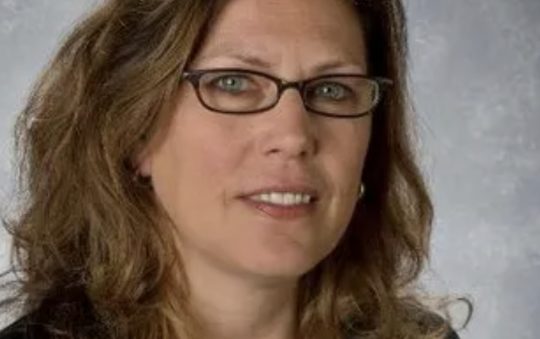

With each passing day, concerns of the present pandemic (COVID-19) have been rising rapidly. On March 15, 2020, NAACP hosted an emergency tele-town hall to address how the virus has been affecting our underserved communities. Leaders of our community in faith, health, and government discussed how we can take action for our health, our environments, and our loved ones. More than 25,000 virtual attendees, through phone and streaming, dialed in to learn about the measures the federal government is taking to protect and serve amidst the Coronavirus spread.
The roster was not short of respective influences in our community, eager to answer questions and provide insight on disaster and crisis preparation and management:
U.S. Surgeon General Dr. Jerome Adams: Senator Kamala Harris; Congresswoman Robin Kelly; La June Montgomery Tabron, president & CEO, W.K. Kellogg Foundation; Dr. Rich Besser, president & CEO, Robert Wood Johnson Foundation; Dr. Jerry Young, president, National Baptist Convention; Rev. Traci Blackmon, United Church of Christ; and Nicolette Louissaint Ph.D., executive director of Healthcare Ready.
During the tele-town hall, each expert and policy leader had their own perspective on how to combat this crisis together. In light of the information the community is receiving, an overall message of the concern for the most vulnerable in our communities – the elderly, the immune-compromised, and the economically vulnerable – was evident. Much information was given to provide a sense of clarity, of peace within the chaos, and practical tips on how to move forward in our respective environments.
President of NAACP Derrick Johnson first introduced Senator Kamala Harris, whose primary focus was to establish a sense of clarity for the community. She stated that succeeding Hurricane Katrina, the situation that we are currently facing is a testament to our need for a direct and quick response from our government. Harris accentuated the importance of supporting small businesses during this time and focusing on building trust between our community and the institutions that are here to serve. Through this, we can focus on community care for the elderly and most vulnerable.

U.S. Surgeon General Dr. Jerome Adams provided clarity on the state that the U.S. is currently in through mitigation, which is the utilization of social distancing to prevent the spread of COVID-19. We are currently at a crucial inflection point in our fight against Coronavirus. We are now at a turning point for more testing, prioritizing our healthcare workers and the older population. From this, we can lower the death rate from .7% to 0. To citizens who are showing symptoms, Adams urged that is less likely to be infected with COVID-19; however, if an infection is there, recovery is inevitable. He urged to know your risk, control your circumstances, and protect yourself with factual information.
Following, Congresswoman Robin Kelly provided insight into the new bills that have been passed for funding concerning COVID-19: a budget of 8.3 billion dollars has been allocated to direct response for underserved and economically-vulnerable families, public health response for disease control and prevention, and for an increase in vaccine treatment.
Nicolette Louissaint of Healthcare Ready, a non-profit responsible for providing health preparedness and response after national disasters, discussed the importance of approaching the pandemic from a community-response standpoint.
How exactly do we do this? By addressing the gaps that have been left over by exacerbated institutions and symptoms. La June Montgomery Tabron, president & CEO of W.K. Kellogg Foundation, expressed that by going directly into the communities with resources and funds, and deploying those into the hands that need it the most, is how we organize. Using new methods of communication to build trust amongst each other is a crucial conduit to be able to answer the needs for food and security, transportation, utilities, work and childcare.
Many of the other panelists honed in on the ways to reduce spread and answer questions from the callers who needed clarity and insight on many of the ambiguity surrounding COVID-19. By reducing the risk of spread by taking safe measures of quarantine and listening to our bodies, we can protect our loved ones and the loved ones of others. Reverend Traci Blackman transitioned the call into an ending prayer and reminded us that buildings may be closing around us but the community cannot be shut down. By turning to the wise councils around us and staying informed together, we will be able to overcome.

Listen to NAACP’s emergency tele-town hall here: https://soundcloud.com/user-600736616/coronavirus-emergency-tele-town-hall






